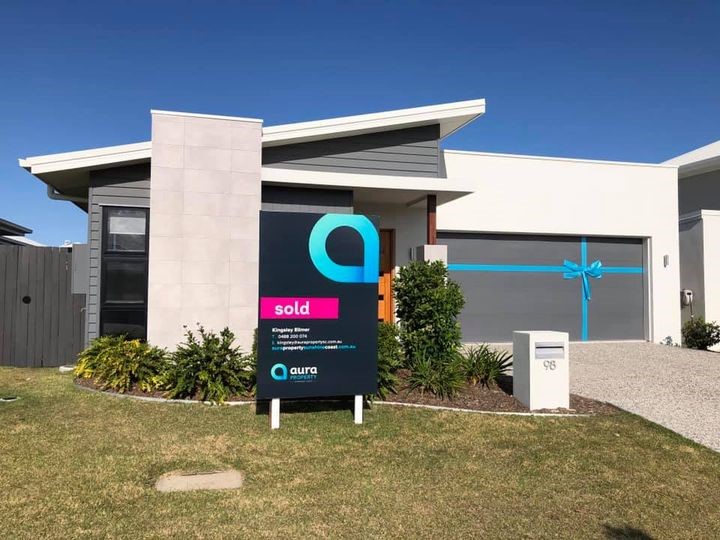Getting Started
Your first home is important in so many ways, It’s a place to relax, unwind and spend quality time with family and friends. It’s probably also the biggest investment you’ll make.
This Guide is designed for you, to take the stress out of choosing a home. You might be looking for an existing home or maybe considering to build new. So treat this as an opportunity to create exactly what you want in your new home.
It can get over whelming and that’s OK we are here to help.
There is so much to consider, from prices and layouts through to product and colour selections, to renovate or not to renovate, House and Land, Townhouse or Unit, New vs Old.
‘Thinking through what we wanted first saved so much time once we started looking.’

Your Home Checklist
The checklist that accompanies this Guide is a useful reminder of features that can add value to your home and make it a more comfortable place to live.
You can use it when you’re comparing different homes and products. You might also want to use it as a reminder list when you’re talking with sales Agents and builders.
We hope this Guide will inspire you to find out more. There are links throughout to a wealth of information so you can find more about whatever interests you. There are different ways you can go about purchasing your home. Lets consider if you were to purchase new, You can:
– Purchase your land first, then choose a home to suit
– Choose your home first, then purchase your land
– Choose a house and land package, or
– Knock down your existing home and rebuild.

These are all really important decisions and the tips here will help you to make them wisely. From a design perspective it’s better to choose your land first if you can, then choose a home to suit. Choosing a home and land package minimises some of the complications but it can limit some of your choices.
Whichever way you decide, aim for the best match you can get between your land and your home. Read on to find out how.
No Matter House, Townhouse or Unit New or Old …Start with a list
The process of buying a home can seem complicated. There are so many things to consider and sometimes it’s hard to know where to start. To help you remember all the details and get the most out of the process, it’s a good idea to start with a list.
Write down your ‘must haves’ so you know what your priorities are. Buying a home is an emotional process and sometimes it’s easy to fall in love with a particular house feature or style, forgetting about what you originally decided you needed to suit your lifestyle and budget. Your ‘must haves’ may include things like number of bedrooms, number or garages, orientation, good natural light, separate play area for the kids and a breezy, open feel. Is it close to schools and Shops. Think in terms of your current lifestyle and what you would want to achieve by moving to a particular area.
Next write down your ‘wish list’. Your ‘wish list’ should include extras that would be of great value or use to you, like shaded alfresco dining with good sunlight in winter, granite benchtops, solar hot water or a rainwater tank.


There are many places you can go for information and ideas, including home magazines, websites, display villages and home ideas centres. Talk to friends and learn from their experiences – what do they love about their home, and what would they change? Thinking through what you want first makes it much easier once you start talking to sales Agents and builders.
Your lists can help you to prioritise what you really need, while staying within your budget.
Checklist
Getting started Our family’s ‘must haves’: write down at least 10
Our family’s ‘wish list’: write down at least 10
Number of bedrooms:
Number of bathrooms:
Number of Car Spaces:
Other important features for us:
Our budget range:
Proximity to School
Proximity to Shops
Proximity to Amenities
Is it an investment for the long term
For most people a home is much more than a place to live, it’s a long-term investment. This is your opportunity to find a home that’s not only good value upfront, but holds its value over time. Your decisions at this stage will have important consequences for your future, so you want to get it right.
When you start looking at homes, it’s easy to focus on the short term – ‘what can I afford right now?’ But when you think about it, ongoing costs are really important too. For example, an energy efficient home means lower energy bills, so you can use the savings to pay off your mortgage faster. If your purchasing a Unit, what are the body corporate fees, how much money is in the sinking fund and if its your first investment property how old is it, is there any depreciation, what is the financial return, is it negatively geared or positively geared.
Times are changing rapidly and new issues need to be factored into smart investment decisions. This is sometimes called ‘future proofing’ – making sure that your investment will hold its value over time.
Protect your investment against rising energy, water and petrol costs by ensuring your home saves energy and water and is close to everything you need, including public transport, schools and shops. Is the home made from long-lasting, durable materials that don’t need a lot of maintenance.
These choices also have an impact on resale value. Regulations for new buildings are getting stricter all the time, and when you sell your home you want it to be able to compete with newer, more energy and water efficient homes.
Are you eligible for a First Home Owners Grant? Here is the link to the Government website for your convenience https://www.qld.gov.au/housing/buying-owning-home/financial-help-concessions/qld-first-home-grant
Finally talk to one of our trusted agents as they are experienced in most facets of Buying and Selling Real Estate.
